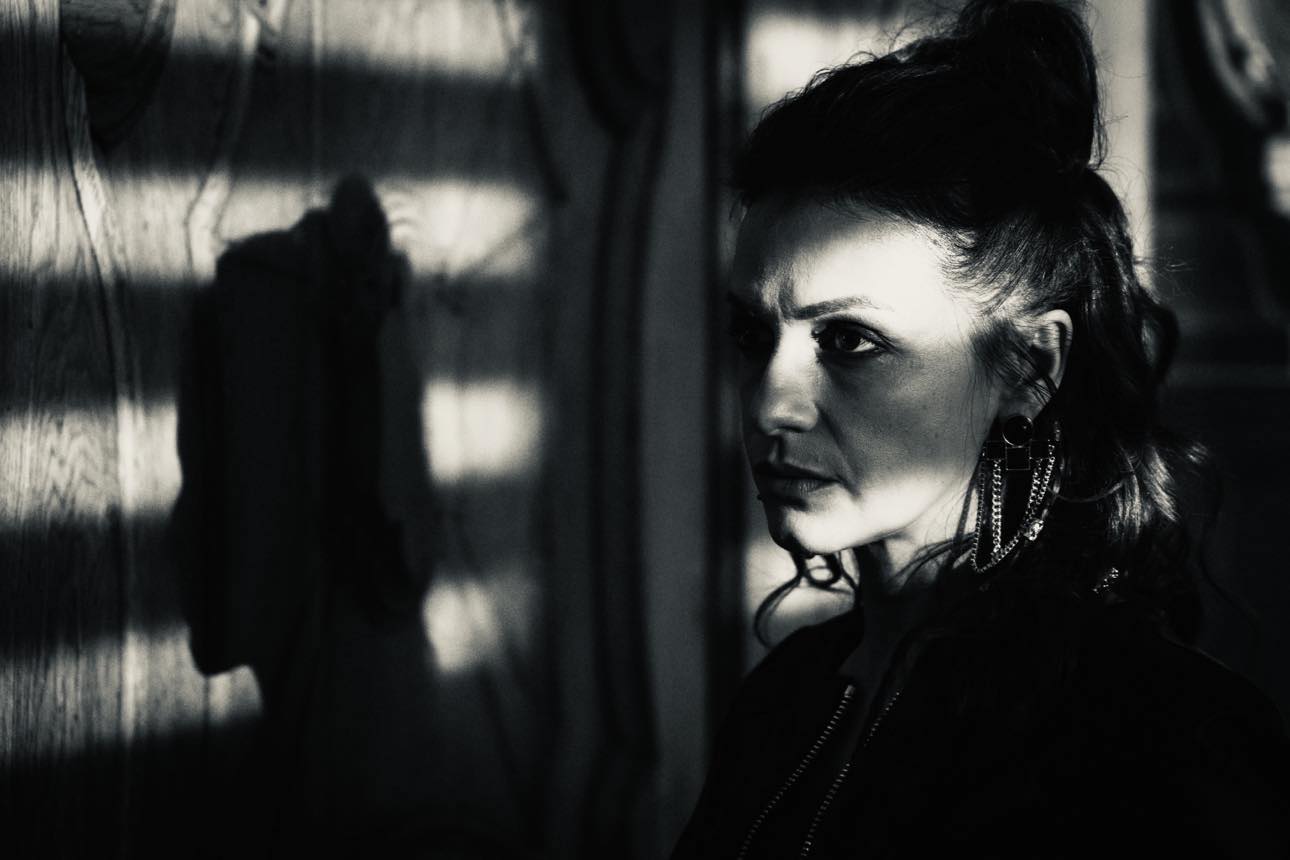
-What and who has inspired you the most in your artistic career?
The heyday of film in Europe was when I was a teenager going to the cinema in the seventies and eighties. Great Italian, French and English films, extremely talented directors and actors shaped my taste. I didn’t grow up on thrillers or horror films, but on the real, lasting value. I was a teenager, I couldn’t help it, I was lucky. At that time, in my country, Hungarian cinema was also extremely good. I came into contact with many directors, actors and film professionals. It is difficult to single out any of them. He recently received the Bunuel Lifetime Achievement Award, which I was happy about, because he was one of my favourite film directors, for example. So I was inspired not by a master but by an era.
–Every true artist is also a revolutionary against power. Do you think there is still room today to express one’s revolution through art?
I am not quite sure. A revolutionary is always working against something, rebelling, leading people. An artist becomes a nuisance to a power because he refuses to compromise. That he represents truth and value even if the leadership of a country or society does not. Because as an artist he sees facts and events from many sides, he can judge the true content of reality. The obvious. And that is what he represents. It makes him an enemy of the powers that be. And if he is talented, and has an audience, and many people listen to him, then he is indeed almost like a revolutionary. But he is not. In today’s world, anyone who wants peace between man and man, who tries to understand different cultures and different opinions, is becoming an obstacle for the leaders of a country. But this is not a revolution. Revolution is very rarely started and made by artists. If they did, they went crazy about it later. But if you can create a revolution with your talent within your own art – theatre, film, literature, visual arts – it means you will find disciples and followers. Like Jesus. He teaches, not fights. I apologise for the simile. But yes, indeed, the artist can do a lot to make people in a lying society feel the truth and decide between truth and lies.
Translated with www.DeepL.com/Translator (free version)

-We live in a world where, unfortunately, war still exists. Do you believe that if there were more dissemination of art through the media and social networks, the world would be a more peaceful place?
When a war breaks out, the artist is too late. He cannot influence the process. All he can do is build stories from situations during wars as lessons. But in war, the masses are not primarily concerned with art. So these works are really only for our descendants, our children. To learn from where and what our era went wrong. Because we know that where there is war, where only one man is killed for the sake of others – there is no justice. Because people are not fighting each other directly. But the arms companies, the politicians, the power maniacs, and all for money and profit. There are no lofty principles. Specifically: we can give Israel credit for wanting to repair the damage done to it. But, at the same time, we must see a desperate people walking up and down a small area in desperation, constantly burying their dead. As in Ukraine, so in the Gaza Strip, there is more and more destruction, buildings in ruins, people dying underneath. What can an artist do? Like a photographer, he can capture the moments. But this is very important. That when it’s all over, we can express the pain through film, so that another tragedy happens as late as possible.
The world would be a more peaceful place if art could take its old place, when an artist’s opinion mattered, when he or she could influence the course of society with his or her work. That time has passed. But we must nevertheless trust that our films can influence the way we live.
-Are you working on a new project? If so, can you give us a sneak peek?
In 1335 there was a famous meeting of kings in Hungary, where the rulers of Central Europe formed a very strong alliance. And after that there were no wars for a very long time. And there was economic prosperity, prosperity. Simply because good people came together in a strong alliance. A lot of what happened then is relevant to today. In 1996 they tried to re-establish this alliance, but it has now become clear that they will not succeed. But if it succeeds as it did then, in 1335, there may be no economic crisis, no Ukrainian-Russian war, and many other things. This film will be shown in October, and we are working on the post-production of it. We are using quite modern means to depict that period. Because I would like to affirm that it is not too late, that with a sensible coalition we can perhaps improve our lives now.

